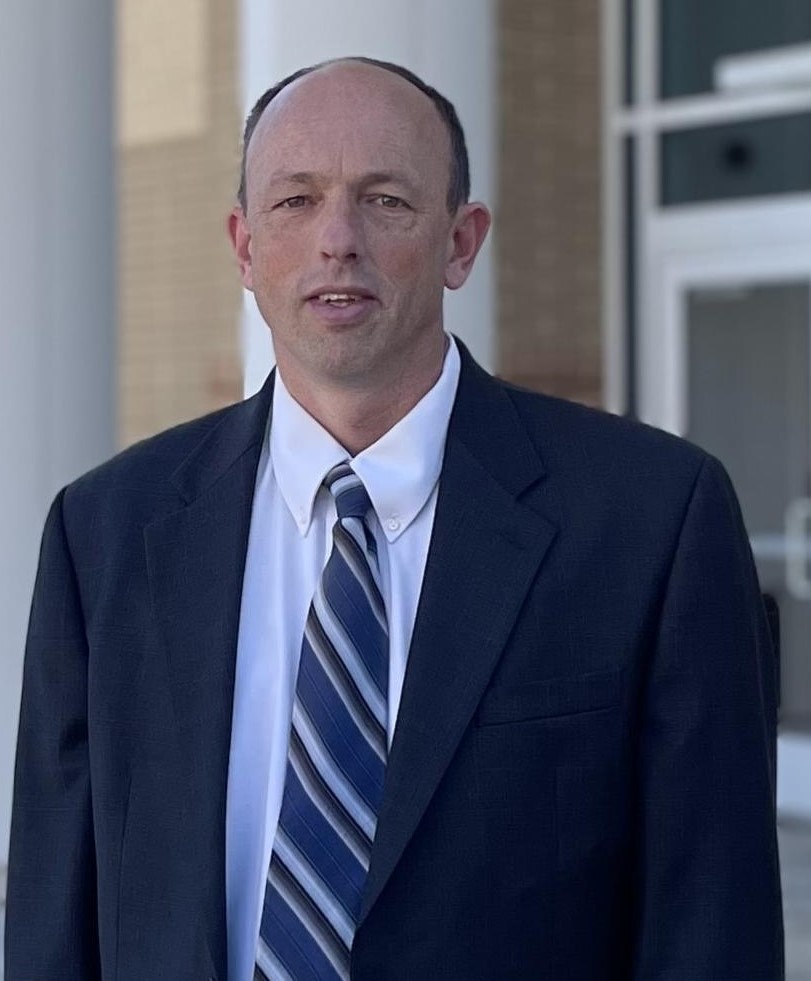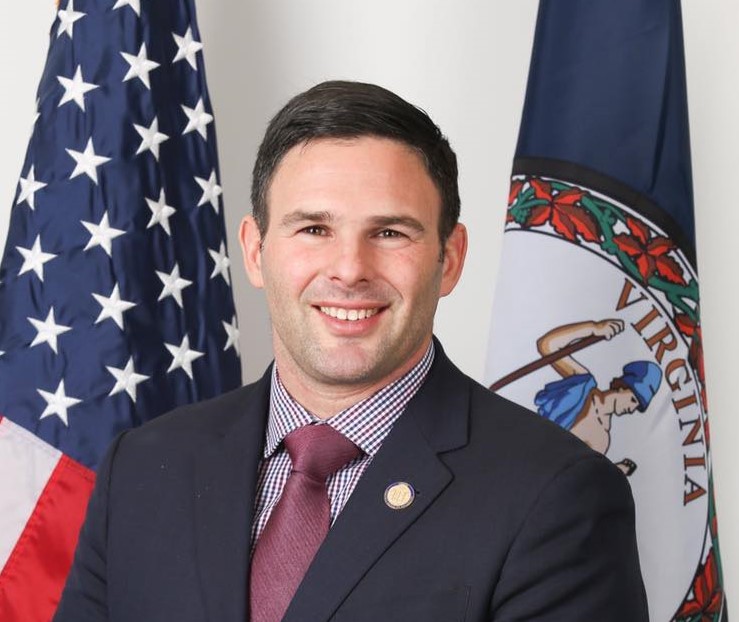Lynchburg Republicans have filed suit to challenge the constitutionality of Virginia’s law that has been interpreted to require political parties to nominate candidates through primaries and not other methods, such as mass meetings or conventions.
Many Republicans have never particularly liked that law, which was passed in 2021 but didn’t go into effect until 2024, but Lynchburg Republicans have been at the forefront of not liking it.
Now, the complicated, internecine politics of the Lynchburg City Council provide Lynchburg Republicans with the rationale to go to court.
The main reason that Republicans don’t like the law is that Virginia doesn’t register voters by party, so whenever there’s a primary, any registered voter can vote — opening the door for Democrats to vote in a Republican primary or Democrats in a Republican one.
That’s not unheard of. In 2023, the Republican committees in Fairfax and Loudoun counties openly urged party members to vote in that year’s Democratic primaries to help defeat certain candidates for commonwealth’s attorney who Republicans found most objectionable and feared would win those Democratic-leaning counties in the fall if they were nominated.

There’s another legal challenge to the law coming: Sixth Congressional District Republicans recently voted to sue but haven’t filed yet. Rick Boyer, the Lynchburg Republicans’ lawyer, said he expects the 6th District Republicans to take a different legal tack; his suit is based on some details unique to Lynchburg. The ultimate point he wants to make to the court, though, may be the same: He argues that the state law “is an unconstitutional infrigement on freedom of association.” Or is it simply a matter of how that law is being interpreted?
Let’s walk through how we got here. Unlike other states, Virginia doesn’t have a long history of primaries. After Virginia Democrats shucked off the segregationist Byrd Machine, the party rarely held primaries for statewide office; not until the 2000s did that become routine. Republicans have been even more averse to primaries.

In 2021, the Democratic-controlled General Assembly — voting mostly along party lines — passed a bill by Del. Dan Helmer, D-Fairfax County, that appeared to come close to requiring primaries but didn’t quite. The key provision said that political parties could not use a method of nomination that “will have the practical effect of excluding participation in the nominating process by qualified voters who are otherwise eligible to participate in the nominating process under that political party’s rules but are unable to attend meetings” because they’re in the military, are a college student attending out of town, have a disability, or several other reasons. Helmer said that left room for other systems, if parties could design something that didn’t exclude people who couldn’t be there.
That law did not take effect until 2024. In early 2024, Lynchburg Republicans were looking at a contested party nomination for a city council seat and, because they wanted to avoid an open primary, set about designing a system that they felt would satisfy the legal requirements. They never got to find out. House Minority Leader Todd Gilbert, R-Shenandoah County, asked Attorney General Jason Miyares for a formal opinion on what the law really said. Miyares responded with a position that seemed to rule out anything else other than a primary: “A political party may not select a nomination method that de facto requires covered voters to be physically present to participate or that otherwise has the practical effect of excluding their participation,” he wrote. Just in case there was any doubt, the lawyer for the state Republican Party advised Lynchburg Republicans that in light of Miyares’ opinion, “a state-run primary is the only way the Party can nominate candidates for public office.”
Lynchburg Republicans reluctantly went forward with the council primary, which pitted challenger Peter Alexander against Ward IV incumbent Chris Faraldi.

Faraldi won by 33 votes (although some Republicans grumbled that he may have done so with some Democratic votes) and went on to face a Democratic candidate in the fall election.
After early voting got underway, Alexander announced that he was quitting the Republican Party and mounting a write-in campaign as an independent. There was speculation that Alexander hoped to pull Republican votes away from Faraldi and throw the election to the Democrat. That didn’t happen.
Now Alexander says he plans to run again next year for one of the at-large seats on the Lynchburg City Council. That provides the basis for the Lynchburg Republicans’ suit. They say that under their party rules, Alexander is ineligible for the party nomination because he ran against a Republican candidate — but Virginia law would allow him to be the Republican nominee if he won the primary next year. They say that violates their freedom of speech and freedom of assembly under the First Amendment.
The Lynchburg Republican suit, filed in U.S. District Court for the Western District of Virginia in Lynchburg, asks the court to declare the state’s law requiring primaries unconstitutional. Boyer says it’s too late for that suit to change this year’s elections, but he hopes to get a ruling in time for next year’s council elections.
His suit also references last year’s bitter 5th District Republican congressional primary, where John McGuire narrowly defeated incumbent Bob Good, and cites a CBS news report in which Good alleged that McGuire was targeting Democratic voters. Given the closeness of the race, which McGuire won by 370 votes, “a tiny number” of Democratic voters could have made the difference, the suit says. It also cites coverage from multiple news organizations, including several references to Cardinal News as well as to “influential Richmond Times-Dispatch columnist Jeff Schapiro,” who predicted that Democratic voters might “make mischief” in the Good-McGuire primary.
“The convention ban law operates to deny the [Lynchburg Republican] Committee its right to advocate for its own views by encouraging the participation of voters who oppose the party’s views, wish to water them down and are, in many cases, actually committed to its candidates’ loss in the general election,” the suit alleges.
When Helmer presented the bill in 2021, he described it as a way to ensure that military personnel could take part in primaries. “This bill ensures that a soldier serving in Afghanistan and the other 90,000 Virginians serving on active duty aren’t deprived of their ability to participate in selecting their nominee,” he said then, according to coverage at the time in the Virginia Mercury.
But he also said his bill wasn’t intended to require primaries, but instead simply required parties to design systems that accounted for those who were unable to attend a mass meeting or convention. “It’s a hundred percent easier to use the state process,” Helmer said. “But it’s also a hundred percent possible to do another path if it is important to you.”
Now a court may decide if that’s allowed.
Want more political news and analysis? Sign up for West of the Capital, our weekly political newsletter that goes out every Friday afternoon:



